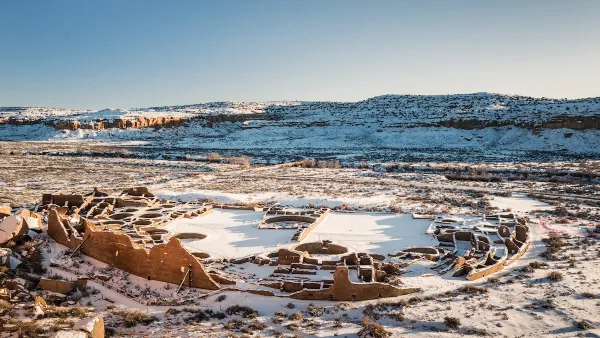With the devastating spill of oil in the Gulf, this post from The National Review suggests taking control over off-shore drilling out of the hands of government and putting it into the hands of private interests.
Iain Murray of the Competitive Enterprise Institute says private interests would be able to do more to protect the oceans from similar spills -- and even do better at preventing them.
"We need to move away from the crony corporatism that has characterized much of the nation's energy sector during the last century or so. It would be foolish to promise that market-based reforms would prevent another disaster, but they would be more effective than yet more meaningless bureaucracy. There are several reasons for this.
First, the existing government regulations have been counterproductive. They pushed energy companies offshore - miles and miles offshore. America is a resource-rich country, and unlike other resource-rich countries, we have locked up most of our resources so we can't use them. While the Gulf of Mexico holds about 44 billion barrels of oil in undiscovered reserves, according to Minerals Management Service (MMS) estimates, the continental U.S. has slightly more onshore. The difference is that we are allowed to explore and extract the offshore reserves, while it is extremely difficult to get permission to do the same on land. As a result, most exploration takes place offshore, where the consequences of a spill are so much greater."
Thanks to Grist
FULL STORY: Tapping the Well of Freedom

National Parks Layoffs Will Cause Communities to Lose Billions
Thousands of essential park workers were laid off this week, just before the busy spring break season.

Retro-silient?: America’s First “Eco-burb,” The Woodlands Turns 50
A master-planned community north of Houston offers lessons on green infrastructure and resilient design, but falls short of its founder’s lofty affordability and walkability goals.

Delivering for America Plan Will Downgrade Mail Service in at Least 49.5 Percent of Zip Codes
Republican and Democrat lawmakers criticize the plan for its disproportionate negative impact on rural communities.

Test News Post 1
This is a summary

Test News Headline 46
Test for the image on the front page.

Balancing Bombs and Butterflies: How the National Guard Protects a Rare Species
The National Guard at Fort Indiantown Gap uses GIS technology and land management strategies to balance military training with conservation efforts, ensuring the survival of the rare eastern regal fritillary butterfly.
Urban Design for Planners 1: Software Tools
This six-course series explores essential urban design concepts using open source software and equips planners with the tools they need to participate fully in the urban design process.
Planning for Universal Design
Learn the tools for implementing Universal Design in planning regulations.
EMC Planning Group, Inc.
Planetizen
Planetizen
Mpact (formerly Rail~Volution)
Great Falls Development Authority, Inc.
HUDs Office of Policy Development and Research
NYU Wagner Graduate School of Public Service





























